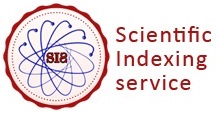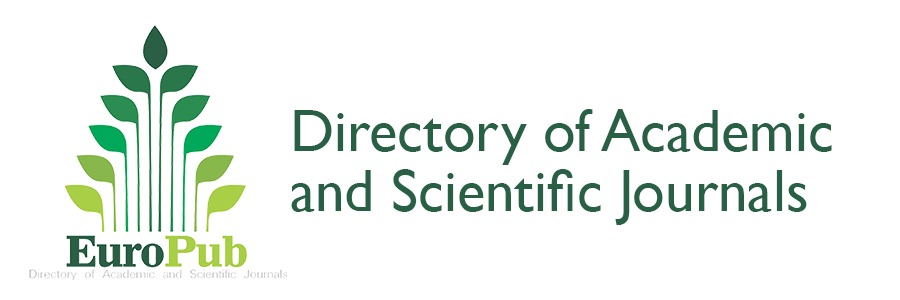Perceptions and Patterns of Self-Medication Among Undergraduate Medical, Allied Health Sciences and Non-Medical Students in Peshawar, Pakistan
DOI:
https://doi.org/10.62746/njlhs.v3n2.67Keywords:
Self-Medication , Over-the-Counter Drugs, Antipyretics., Pain Management, Anti-Bacterial Agents, AnalgesicsAbstract
Background: The act of choosing and using medications to address diseases or symptoms that one has self-identified, or for which one has made one's own diagnosis is known as self-medication. Over-the-counter (OTC) medications and dietary supplements, which are frequently used to address common health conditions at home, are the most commonly utilized self-medicating substances. This study was designed to assess the perceptions and self-medication practices among medical, allied health sciences and non-medical students.
Methods: Over a six-month period, this research project was conducted in Peshawar, Pakistan. An observational, cross-sectional study approach was used. Through non-probability convenient sampling technique 744 responses were recorded through self-structured questionnaire. The data was then analyzed through SPSS version 26, through descriptive statistics and applying chi-square test.
Result: The mean age of the Participants was 20.98 ± 1.768. There were 37.5% female participants and 62.5% male participants in the study. The most popular source of information was previous prescription, followed by internet and books. 40.6% of the Participants were ready to give up self-medication and 60.2% opposed encouraging others to self-medicate. Cold, headache, fever and sore throat were among the common symptoms for which the participants self-medicated through pain killers, antibiotics and anti-pyretic drug classes.
Conclusion: Self-medication practices were common among students studying medicine, allied health disciplines, and non-medicine. The majority of participants did not support encouraging others to advocate self-medication, despite their unwillingness to give up their self-medication habits.
Downloads
Downloads
Published
Issue
Section
License
Copyright (c) 2024 National Journal of Life and Health Sciences

This work is licensed under a Creative Commons Attribution-NonCommercial 4.0 International License.
Open Access


























